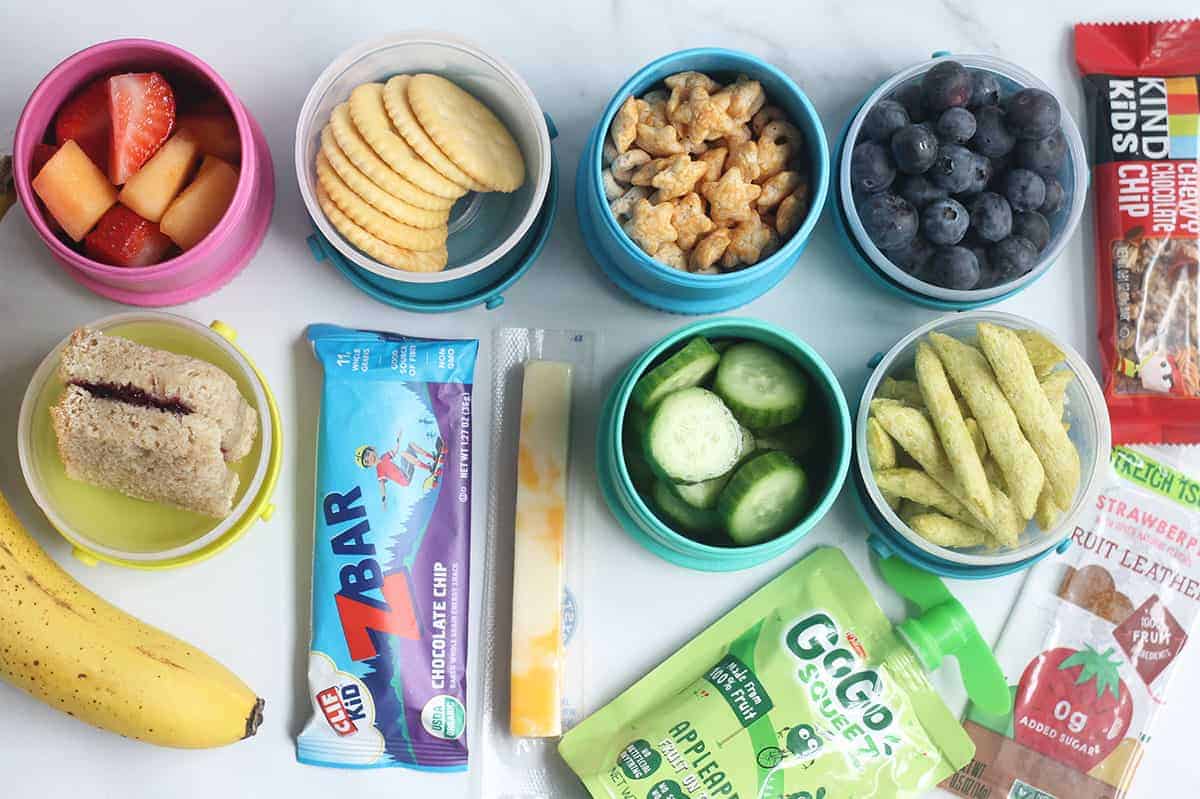Building A Balanced Lifestyle At Home
Children thrive on routines that encourage good eating habits and activity. Families can set the tone for healthy living by offering variety and modeling balanced choices. The more exposure kids have to wholesome foods, the easier it becomes for them to appreciate natural flavors. Parents who introduce healthy snacks for kids consistently create positive routines.
- Building A Balanced Lifestyle At Home
- The Role Of Play In Appetite Development
- Exploring Colorful Foods On The Plate
- Quick Ideas That Save Busy Parents Time
- Fun Shapes And Creative Presentation
- How Routine Influences Food Acceptance
- Family Involvement In The Kitchen
- Hydration As A Hidden Key To Energy
- The Science Behind Childhood Nutrition
- Turning Leftovers Into Fresh Meals
- Mindful Eating Practices For Children
- Food Safety Habits That Matter
- Seasonal Foods For Greater Variety
- Planning With Smart Shopping Lists
- Creating Positive Associations Around Food
- Exploring Cultural Foods Together
- Using Rewards Wisely Without Food Bribes
- The Importance Of Fiber And Protein
- Encouraging Independence With Choices
- Long-Term Benefits Of Nutritious Habits
The Role Of Play In Appetite Development
Playtime influences more than social skills; it helps children regulate hunger. Physical activity enhances metabolism and builds positive associations with food. Kids who move often are usually more receptive to nutritious bites after playing.
Exploring Colorful Foods On The Plate
Variety in color is an easy way to spark interest in meals. A plate filled with vibrant fruits and vegetables appeals visually and nutritionally. Parents can encourage curiosity by asking children to name colors before tasting.
Quick Ideas That Save Busy Parents Time
Between school, work, and activities, preparing nourishing options can feel overwhelming. Keeping easy staples like yogurt, nuts, or chopped vegetables handy makes snack preparation stress-free. Convenience should not mean sacrificing quality. Offering healthy snacks for kids in pre-portioned containers also helps during busy days.
Fun Shapes And Creative Presentation
Children often eat with their eyes first. Turning ordinary foods into stars, hearts, or animals can transform the experience. Cookie cutters, skewers, or bento-style boxes inspire excitement and minimize picky eating.
How Routine Influences Food Acceptance
Consistency teaches children what to expect. When wholesome bites are offered regularly, they become a normal part of daily life. Predictable schedules help children feel secure and open to trying new flavors.
Family Involvement In The Kitchen
Cooking together encourages bonding while teaching important life skills. Allowing kids to stir, measure, or wash ingredients builds confidence. They are more likely to enjoy meals they helped prepare.
Hydration As A Hidden Key To Energy
Often, children mistake thirst for hunger. Offering water regularly keeps energy levels stable and prevents overeating. Infusing water with citrus slices or berries makes drinking more enjoyable without added sugar.
The Science Behind Childhood Nutrition
Nutritional balance fuels learning, growth, and emotional health. Adequate protein, fiber, and healthy fats keep kids satisfied longer. Studies show that children given balanced diets perform better academically and socially.
Turning Leftovers Into Fresh Meals
Creative repurposing reduces waste while introducing variety. Roasted vegetables can become wraps, and cooked chicken can be used in quesadillas. Reinventing leftovers ensures children stay engaged with familiar foods in new ways.
Mindful Eating Practices For Children
Teaching kids to slow down during meals helps them recognize fullness cues. Family discussions about food values can reinforce positive habits. Gentle reminders encourage them to appreciate textures and flavors without rushing.
Food Safety Habits That Matter
Safe handling prevents illness and builds responsibility. Washing produce thoroughly, storing perishables correctly, and using clean utensils are habits children can learn early. Confidence in safe preparation supports independence later in life.
Seasonal Foods For Greater Variety
Eating with the seasons introduces children to natural cycles of produce. Strawberries in spring or pumpkins in autumn keep meals exciting. Seasonal foods often taste better and provide fresher nutrients.
Planning With Smart Shopping Lists
Organized grocery trips save time and money. Lists that include proteins, whole grains, and vegetables ensure balanced selections. Involving kids in choosing items teaches decision-making and responsibility.
Creating Positive Associations Around Food
A relaxed atmosphere during meals encourages openness. Avoiding pressure and making food fun builds lifelong healthy relationships with eating. Positive reinforcement helps children remember joyful experiences around the table.
Exploring Cultural Foods Together
Introducing dishes from different cultures expands taste preferences and appreciation. Children gain exposure to spices, textures, and traditions that enrich family meals. It is also a way to celebrate diversity at home.
Using Rewards Wisely Without Food Bribes
While motivation can be useful, using treats as bribes may create unhealthy relationships with food. Instead, rewards can involve experiences, extra playtime, or family activities. This approach maintains balance and enjoyment.
The Importance Of Fiber And Protein
Growing bodies require fuel that lasts. Fiber supports digestion, while protein builds muscle and supports focus in school. Balanced snacks combine both to keep children satisfied and energized.
Encouraging Independence With Choices
Giving children a say in what they eat builds autonomy. Presenting two healthy options allows them to decide without overwhelm. Empowerment often leads to more enthusiasm at mealtime.
Long-Term Benefits Of Nutritious Habits
Early food choices shape health well into adulthood. A foundation built on wholesome meals lowers risks of obesity and chronic disease. Establishing mindful eating now prepares kids for independence later. Families that include healthy snacks for kids as part of daily routines set them up for lifelong success.



